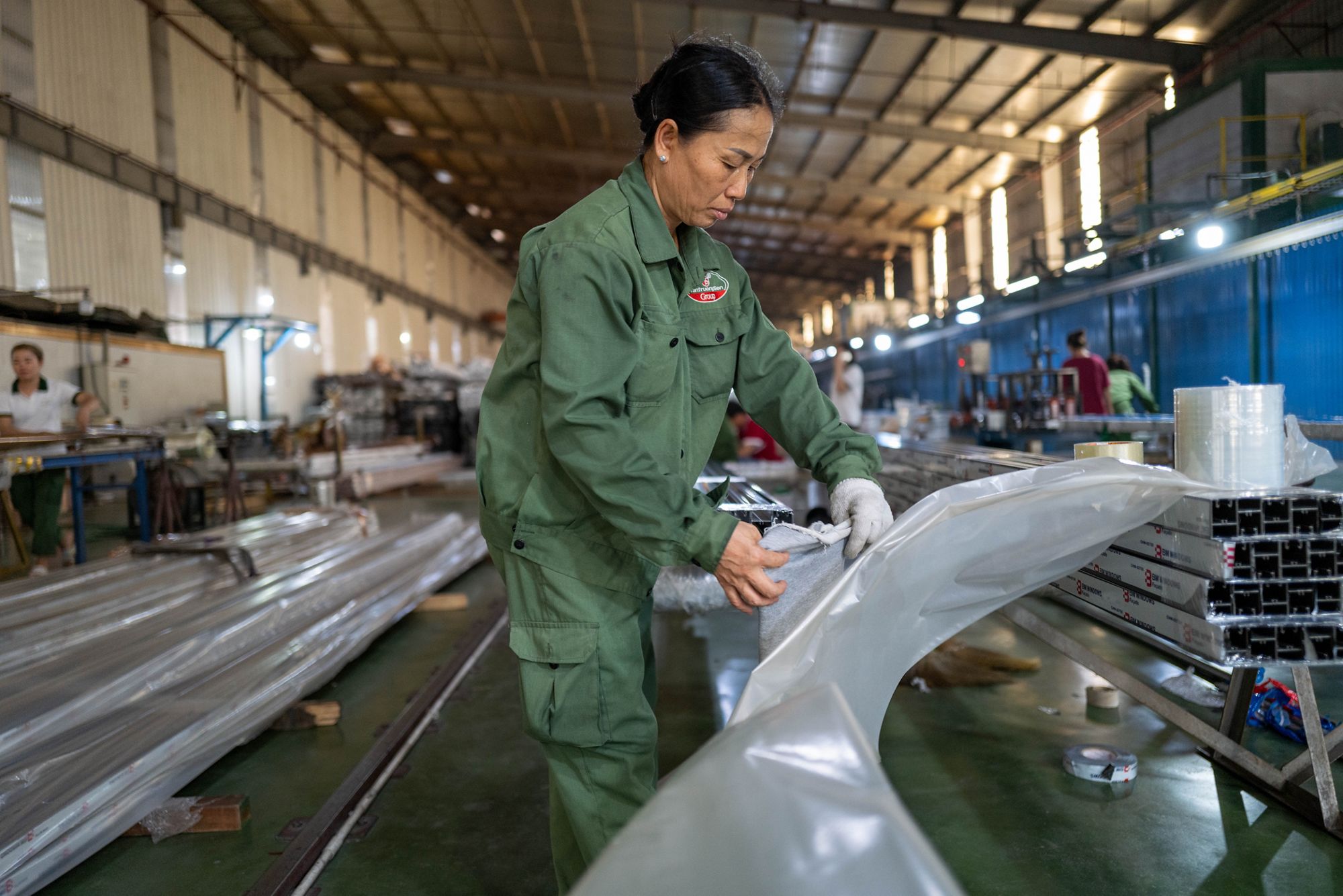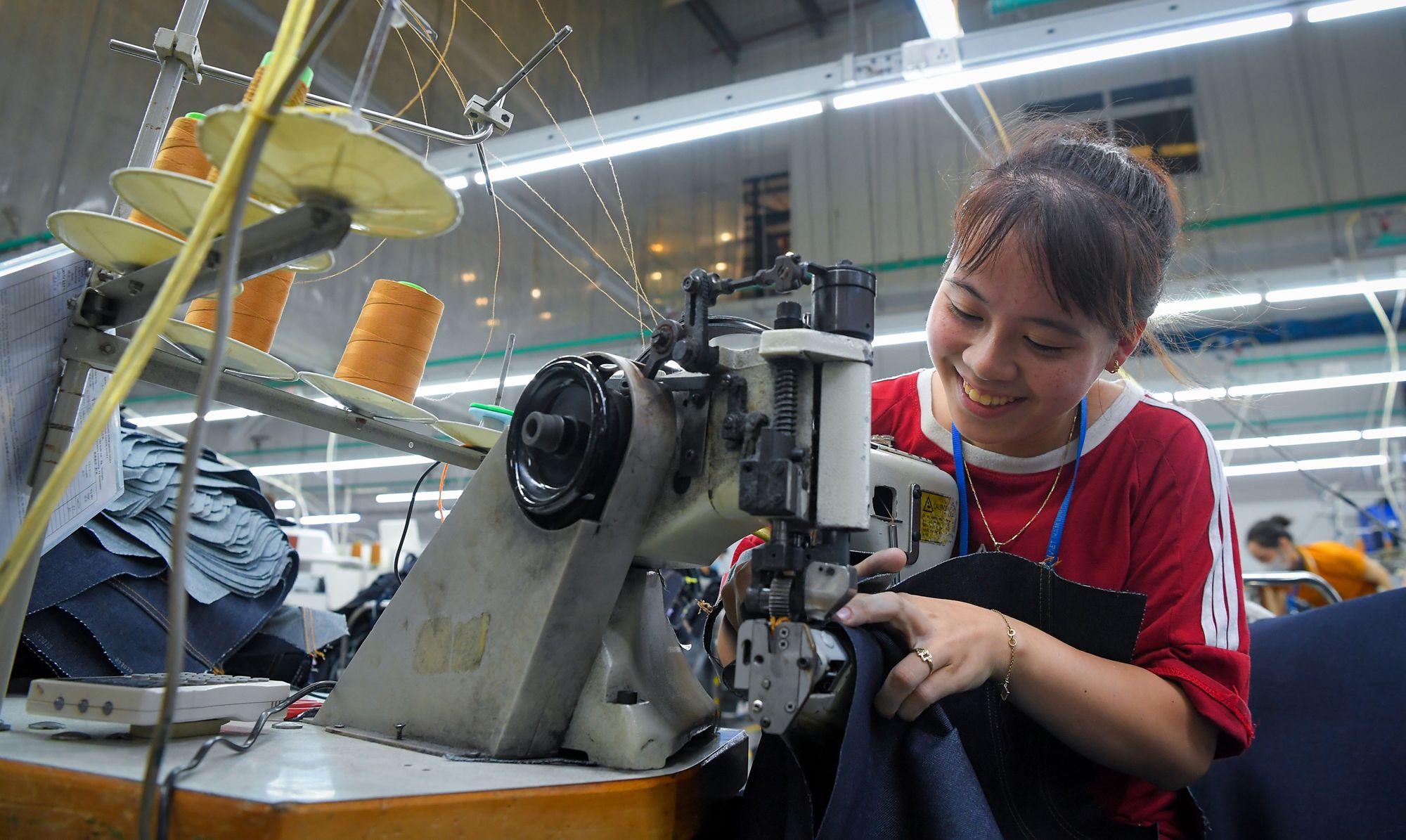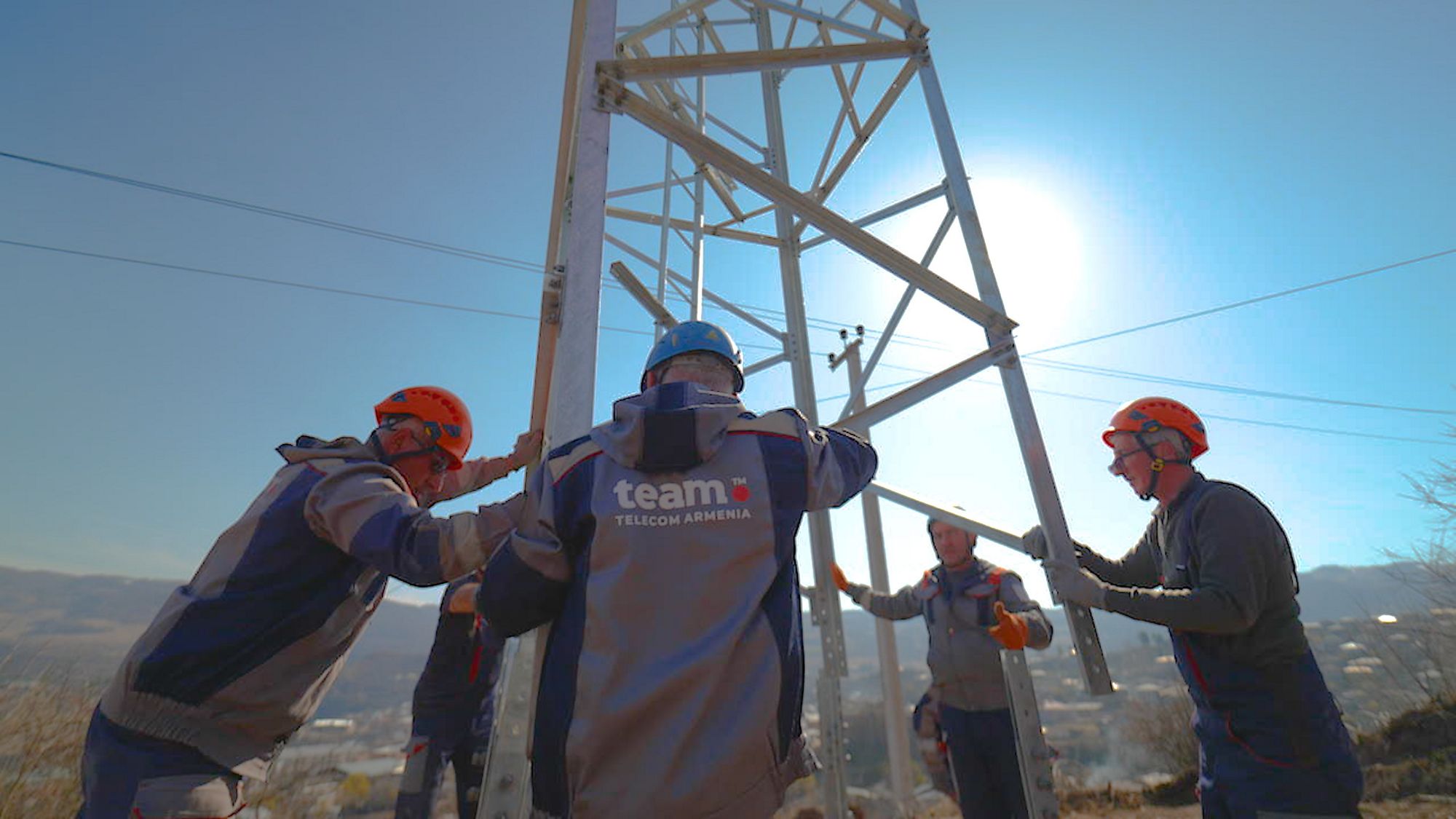At a Glance
- A 2013 joint investment in Pearl Dairy has helped it become the fastest growing dairy company in East Africa, transforming Uganda into the region’s leading dairy exporter.
- Pearl Dairy has improved farmers' incomes by ensuring timely payments and providing technical support through Dairy Development Executives
- The partnership has led to a significant reduction in cow mortality and improved milk productivity, with farmers producing between five to twenty liters of milk daily.
-
$8MInvestment in Pearl Dairy in 2013
-
25,000small scale farmers collaborated with
“My father used to keep cattle, so did his father and his father before that. That is our background. So, we treasure milk. We must earn a living from it but also there must be milk in the family,” says Ephraim Mushube, a farmer in the Mbarara region of Western Uganda.
Mushube’s cattle supply milk to Pearl Dairy, Uganda's largest milk processing plant, which buys raw milk from around 25,000 small-scale farmers in rural areas across Uganda and Kenya.
The company’s business model is based on building a close partnership with local farmers and providing those in its supply chains with access to training. The training helps the farmers become more productive, earn an extra income from their cows, and deliver a steady supply of milk to fuel the company’s growth strategy.
Mushube credits Pearl Dairy with helping him to transform his cattle farm into a small dairy business that is used as a model for other smallholders.
In 2013, IFC and the Private Sector Window of the Global Agriculture and Food Security Program (GAFSP), made a joint investment of US $8 million to support a greenfield dairy project—a new venture built from the ground up, without any existing infrastructure—with Pearl Dairy.
Over the next ten years, it became the fastest growing dairy company in East Africa, transforming Uganda into the region’s leading dairy exporter.
Milk and dairy products provide vital nutrients such as calcium and potassium and are packed with protein, making them an important part of a balanced diet, especially for children and lactating mothers.
Pearl Dairy’s vision is to provide affordable, high-quality dairy products to a growing regional population in need of better nutrition and help small-scale farmers improve their livelihoods.
Pearl Dairy started by buying from farmers through their cooperatives and then set up milk-collection centres and a cold-storage infrastructure making them more accessible to farmers in remote areas to sell their product.
This has also helped ensure a safer milk supply. Small-scale farmers previously sold to intermediaries who often watered down the milk, sometimes introducing bacteria. Before Pearl, three consecutive companies had short-lived operations in the region and all of them closed without clearing their debts to suppliers.
 Farmers are now equipped with the latest technical capacities, have modified their feeding practices, and adopted cost-effective approaches to generate greater volumes of milk. Photo: Beza Hailu Woldegiorgis / IFC.
Farmers are now equipped with the latest technical capacities, have modified their feeding practices, and adopted cost-effective approaches to generate greater volumes of milk. Photo: Beza Hailu Woldegiorgis / IFC.
Leveraging potential and profit
Since Pearl Dairy began operating in the region, smallholder farmers have seen their incomes stabilized, with payment now being ensured to them twice a month. As one farmer put it, “we saw the light when Pearl came here.”
In 2017, IFC and Pearl designed and implemented a Dairy Development Program. It included hiring and training 50 Dairy Development Executives (DDEs), each in charge of granting technical support to farmers on issues like nutrition, reproduction, pasture management, animal health, water supply, and better animal husbandry practices.
The DDEs began making sure farms had adequate water supplies and provided better nutrition for their cattle, especially in the dry season.
Establishing improved reproductive health and more efficient and sustainable tick control was another priority. The advice provided as part of the training program was based on methods both available to and affordable for small-scale farmers.
Since then, farmers have recorded a 70 percent reduction in mortality among their cows from tick-borne diseases.
Farmers like Mushube are now equipped with the latest technical capacities, have modified their feeding practices, and adopted cost-effective approaches to generate greater volumes of milk.
They are also producing higher-quality milk, and raw milk productivity has increased to between five and seven liters per cow daily, up from less than three liters previously.
The best farms produce up to twenty liters per day, demonstrating further potential for growth in the region. These farmers offer a stable supply of high-quality raw milk for Pearl Dairy to process, increasing the availability of nutritional dairy products to the regional population.
Ivan Ivanov, Global Lead for Sustainable Protein Advisory Services at IFC views this as a significant breakthrough: “Farmers here have doubled their output with the same cows on the same land in just one year.”
“The scope for dairy development in East Africa is huge. They have quality grass, soil, cattle, and space to grow and that is why we have invested here,” he adds.
Pearl Dairy also gives farmers incentives to deliver more milk. By providing access to affordable capital for farm improvements, with guaranteed repayments from milk proceeds and solid logistics through additional milk collection centers adjacent to dairy farms.
In 2024, Pearl started rolling out a payment system based on solids and fat content – the first of its kind in East Africa. In just three months, the new payment system has improved milk quality, with fat content increasing from 3.4% to 3.8% “We can only grow together with our farmers, and we need to take them to the next level of production,” explains Amit Sagar, CEO of Pearl Dairy.
In 2023, an additional investment was made to aid Pearl Dairy’s expansion in Uganda and a dairy processing plant was set up in Kenya. IFC’s advisory specialists are now designing a new project to strengthen the support available to farmers in both countries.
Together, Pearl Dairy and IFC, based on the seven fundamental practices that inform IFC investments in livestock and aquaculture projects, have converted the country’s competitive advantage into a real business that feeds the region and grows together with its farmers. Today, Pearl is one of the largest foreign exchange revenue earners in Uganda.
By financing sustainable agrifood systems, Pearl’s production scope has grown, with strategies that provide examples for others to replicate.
The partnership between Pearl Dairy and IFC provides examples of how some of the complex problems faced by farming communities worldwide can be addressed, creating opportunities for future generations.



